
Cultivating Yin, Practicing Wuwei, Disengaging from Social Media
…I have always taken it for granted that as life-long students of this deep, complex, and complicated medicine, we all embrace this challenge and appreciate it when other people, with different backgrounds and skills, teach us things that we don’t know. In my experience, people are attracted to the field of medicine and the role of physician primarily for two reasons: Most students I know get into medicine because of a pure and sincere desire to alleviate suffering and to help others. Some people, however, are attracted to the role of the doctor because it makes them an authority, because it gives them power because they are put in the position of telling others where they are wrong and of “fixing” them….

Traditional Chinese Gynecology in the West
In the context of my most recent book publication, a translation and discussion of the first section of an important thirteenth century text on gynecology, I have been thinking a lot about the current state of clinical practice of what I call “traditional Chinese gynecology” in the West. To be frank, for years now I have been hearing or reading statements that are appalling to me in their arrogance and ignorance vis-a-vis what I consider one of the crowning achievements of traditional (note the small “t”) Chinese medicine.

Sun Simiao on Fertility
The following is an excerpt from the 75-page historical introduction to my newest publication Channeling the Moon, a translation and discussion of the first fourteen questions of Qí Zhòngfǔ’s 齊仲甫 Nǚ Kē Bǎi Wèn 女科百問 (“Hundred Questions of Gynecology,” published in 1220 CE). This excerpt includes a brief introduction to the Bèi Jí Qiān Jīn Yào Fāng 備急千金要方 (composed by Sūn Sīmiǎo 孫思邈 in 652) and a survey of Sūn Sīmiǎo’s ideas on fertility. For more on early Chinese gynecology and fertility, see the information page for my book Channeling the Moon in my ONLINE BOOKSTORE HERE. The photographs below, most of which have also made it into the book, are from around my home on Whidbey Island, but here you get the colored version.

Di Lu on the Tangyejing
Many scholars and practitioners of Chinese medicine now consider the Tang Ye Jing 湯液經 (Classic of Decoction) as the basic reference for Zhang Ji’s 張機 (style name: Zhongjing 仲景, c. 150-219 AD) Shang Han Lun 傷寒論 (Discourse on Cold Damage). But is such an opinion on the relationship between the two texts unquestionable?

Misogyny in Chinese Medicine
As a scholar who has closely studied and translated the works of Sun Simiao and early Chinese gynecological literature for several decades, the time has finally come for me to clear up mistaken views about this important figure and his work that I encountered some years ago. Given Sun Simiao’s significant contributions to Chinese medicine and to gynecology, he deserves to have someone speak up for him.
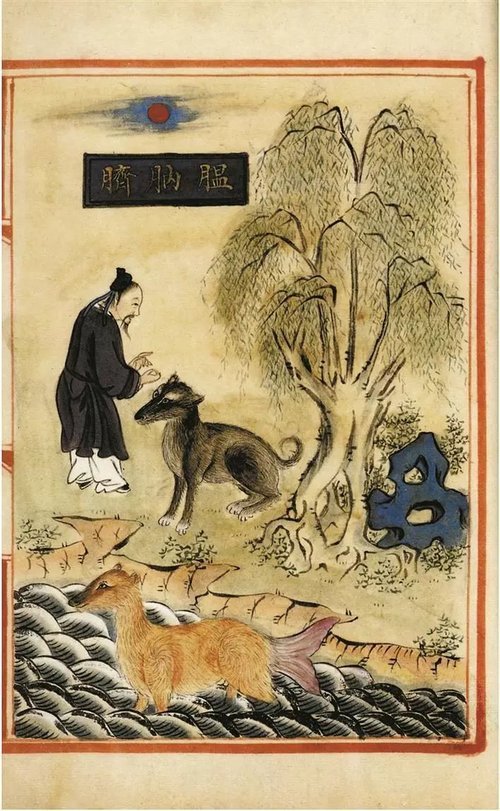
Seal Penises and Testes
The following is an excerpt from my current book project, a translation and discussion of Qí Zhòngfǔ’s 齊仲甫 Nü Ke Bai Wen 女科百問 (A Hundred Questions in Gynecology), published in 1220. It is one of two formulas attached to Question Sixteen:

Do Not Blame
The past few days, weeks, and months have been difficult ones for many of us, at least in the United States where I currently live, as we witness horrific events in our local communities, the country, and around the world. So much violence, rage, pain in this crazy year of the Fire Rooster! Like many of my clairvoyant, wise, or just empathetic friends and colleagues in the field of Chinese medicine, where the virtue of brightness or vision (míng 明) is the distinguishing mark of the sage, I have been finding the nearly constant onslaught of tragedies hard to digest and have had to consciously force myself to take breaks from the news and allow the soothing calmness of the Puget Sound to heal my heart and spirit. For me personally, a daily swim in the sea has been a life saver, in spite of the dropping temperatures, and I am extremely grateful to be in a position where I get to do that. …
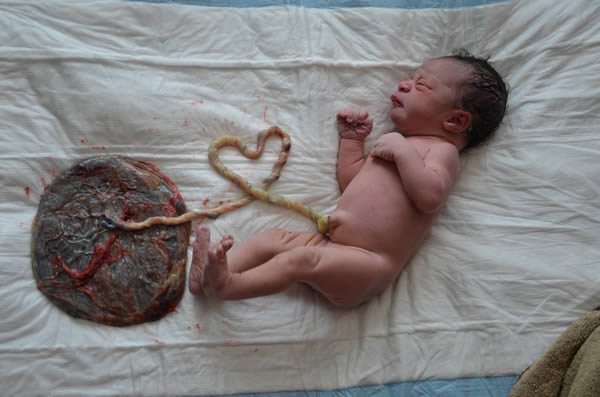
A Lactation Consultant’s Perspective on Placentophagy
Guest blog by Sarah Hollister, RN, PHN, IBCLC: As a nurse and an International Board Certified Lactation Consultant (IBCLC), I have the opportunity to work with nearly every pregnant woman and new mom and baby at a group of four primary care health centers in Northern California. I would like to share my experience, concerns and request for collaboration to closely examine the new practice of placenta encapsulation, as it has grown to become a component of the postpartum experience for the new moms who I work with and throughout the United States. I have encountered assumptions that placenta consumption increases milk production, is a prevention for postpartum depression, and has existed in history as an ancient human practice. I will provide a summary here of the work I do and what I have found with my clients involving this practice.
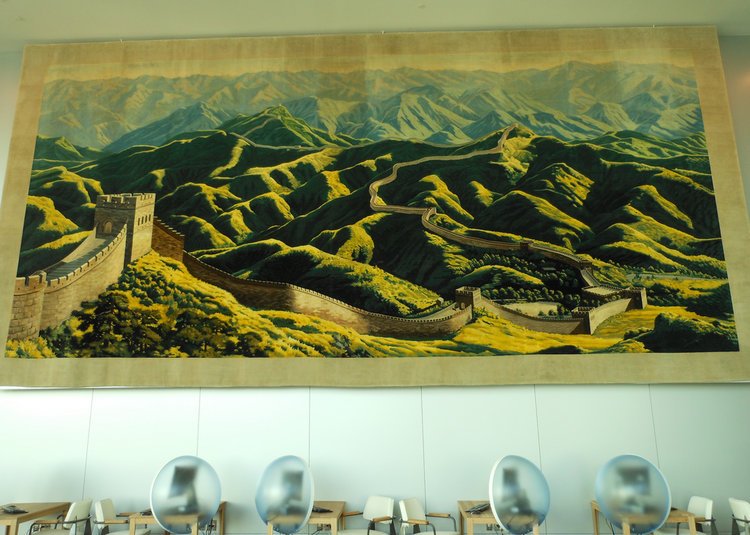
On Walls, Part Two: The Great Wall of China
This blog is a continuation of my previous post, “Why I Dislike Walls, Part One.” That post was an attempt to give voice to some of my personal experiences with walls in Germany and on the US-Mexican border, to explain my personal gut reaction. In the present writing, I am putting on my supposedly objective historian’s hat for Part Two, to look more closely at arguably the most famous historical example of wall-building, namely the Great Wall of China. So let us travel far away in time and space, to fifteenth-century China and the construction of the Great Wall in the Ming dynasty…

Why I Dislike Walls, Part One
The prospect of yet another wall going up and mercilessly dividing a contiguous region by cutting through towns, communities, families, and friends who I deeply love and care about on both sides, and the reality already of innocent people being torn from their communities, rounded up, marked as different due to some human-made distinction expressed by a piece of paper, and shipped off to a place of no return, breaks my heart and forces me to speak up. The current hateful political discourse on building a wall and deporting “illegals” to “make America great again” touches me more deeply than any other political issue ever has in my entire adult life, and I have been around the block.

Liu Yousheng on Illness in the Lower Back
...do not use reason to work things out. If you reason with each other to work things out, you will only explode in anger. These days, people all reason with each other, until they reason each other into the ground. If they don’t end up separating, they end up getting a divorce. Between husband and wife, you must use your feelings to work things out. If you use your feelings to work things out, you will end up dearly loving each other again.

Orientalism, Cultural Appropriation, and Critical Thinking
Orientalism is a term and topic that has crept into my thoughts repeatedly over the last few months. I have tried to push this unwanted visitor back out the door, with excuses ranging from “Everything there is to say on the topic has already been said by much smarter, more erudite people than myself,” to “This is just another example of me sticking my foot in my mouth and stirring up a hornets’ nest with no need,” to “Who am I to say anything about this topic, because wasn’t it this very same fascination with the ‘Orient’ that got me started in the field of sinology in the first place?” But alas, the term has gotten a foot in the door and a draft of this blog post has been sitting on my desktop for months now, waiting for me to accept the challenge. Please forgive me if I offend you, dear reader. I’d rather step on your toes than continue tiptoeing around the subject, remaining silent, and smoldering internally as I witness this attitude rearing its ugly head again and again in innocent statements by the most well-meaning people who simply have never critically thought about its historical baggage in the context of learning, practicing, or teaching what is far too often still tellingly called “Oriental Medicine.”
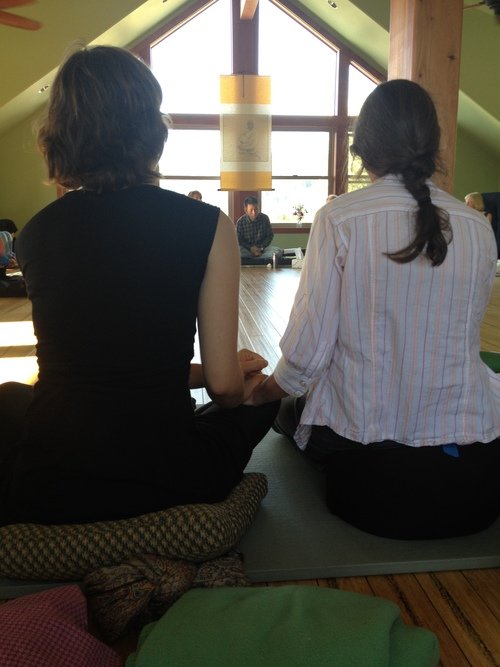
Thoughts on Civility and Humaneness
After a few days of reflection, I have decided to accept the risk of offending some readers with my perspective as a brand-new American citizen, who has nevertheless lived here for most of my adult life, mastered the art of making apple pie, learned to shoot a gun, and raised a thoroughly American daughter all the way through prom and beyond. I feel the need to share my personal story because it may spark a conversation or offer a different perspective. I believe that these times call on all of us to speak truth from our hearts, and to listen to our fellow humans’ truth with an open heart in exchange. For only with honesty and openness to other viewpoints can we start the hard work of overcoming our current divisions and make room for love and reconciliation instead.
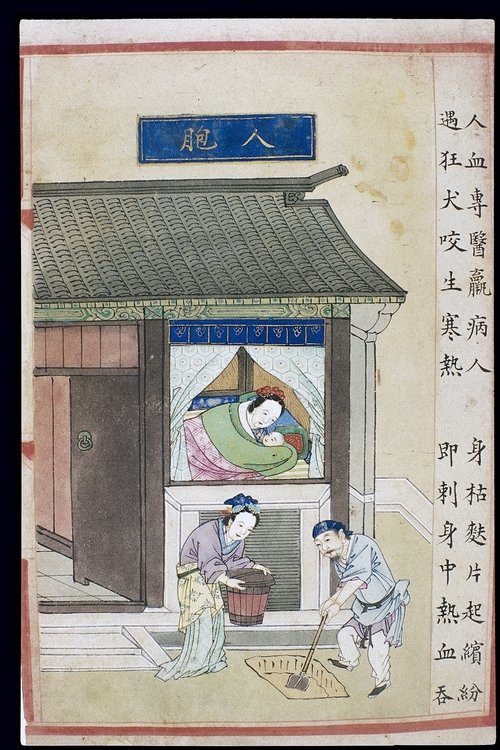
Placentophagy and Chinese Medicine
Disclaimer: The following blog is merely a collection of notes and not a serious scientific research paper. There is obviously a pressing need for more research. My intention with this blog post is not to make any conclusive statements about the practice of placenta encapsulation or placentophagy, which I am not qualified to do anyway, but merely to offer the classical Chinese perspective as an urgently-needed correction to some misinformation promoted in popular and Chinese medicine circles.
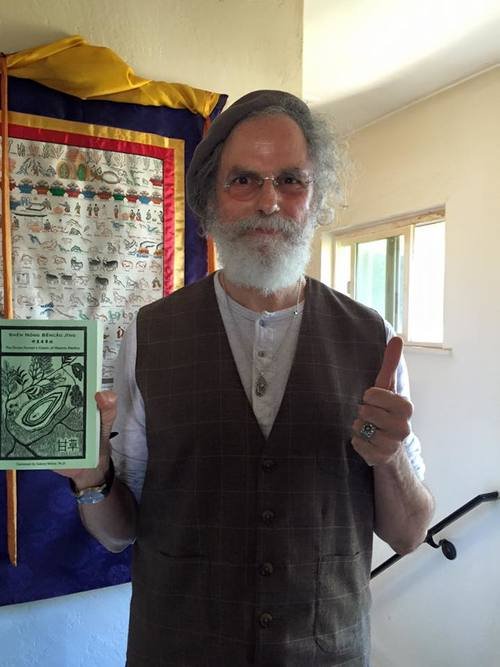
Impressions of the SHennong Bencaojing
...this text should be on every herbalist’s desk, and would also serve as an excellent introduction to herbal medicine for acupuncture/ ’moxabustionists’ as well. I’m looking forward to taking the Shen nong ben cao jing into the forests, as I commune with the plants and minerals in the fields. Or as Zhuangzi once said, ‘cloud hidden, whereabouts unknown’.
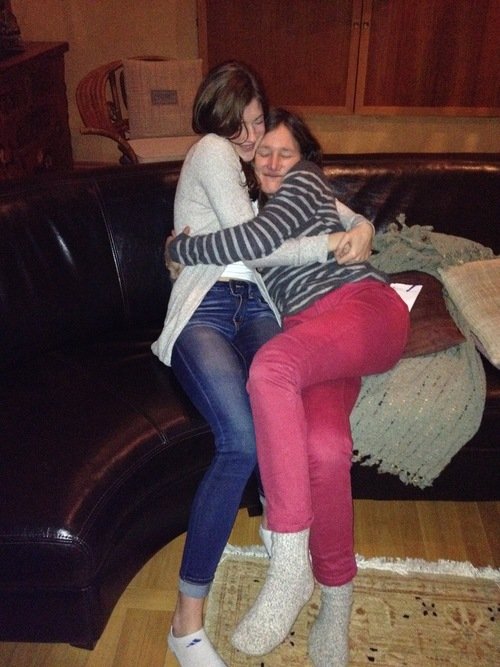
All we need is love… love… love…
I woke up on this first morning of the New Year a bit later than usual with John Lennon's song in my head, and it's been with me every since:
Love, love, love! Love, love, love! Love, love, love!
All you need is love! All you need is love!
All you need is love, love! Love is all you need!

Help Kids Be Who They Are
Guest blog by Lillian Pearl Bridges (www.lotusinstitute.com): As a mother, I wanted the best for my two sons and still do, even though they are now adults. I too read all the parenting books to look for the best advice on how to be a good parent. And of course the first person I turned to was my mother. I was raised in a Chinese family, but luckily I didn’t have a Tiger Mother, with incredibly high standards for education. I had the Dragon Mother instead!

Fertility and Gynecology: Biomedicine, Chinese Medicine and Common Sense
Let me start by quoting the obvious (from Sun Simiao’s Bei Ji Qian Jin Yao Fang, vol. 5 on Pediatrics:
故今斯方,先婦人、小兒,而後丈夫、耆老者,則是崇本之義也。
“Now the present collection of treatments is arranged by placing the treatments for women and children first, and those for husbands and the elderly afterwards. The significance of [this structure] is that it venerates the root.”
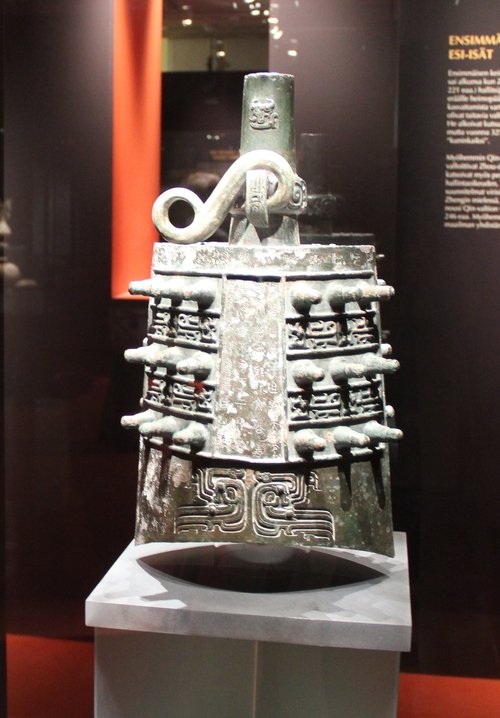
Measurements in the Classics
An enthusiastic student of Zhang Zhongjing's formulas just asked me once again about the precise meaning of 兩 (liang), the basic unit of measurement. So I dug around yet again and yet again return to what continues to be my answer to this question:
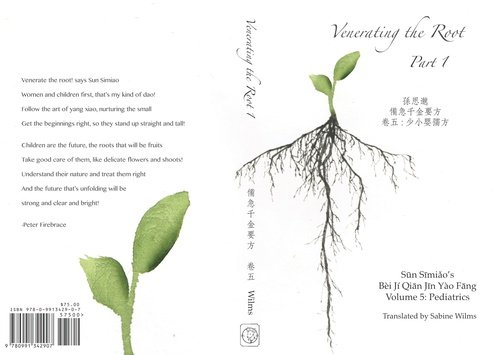
Julian Scott Review of Venerating the Root
Julian Scott’s Review of Venerating the Root Part One